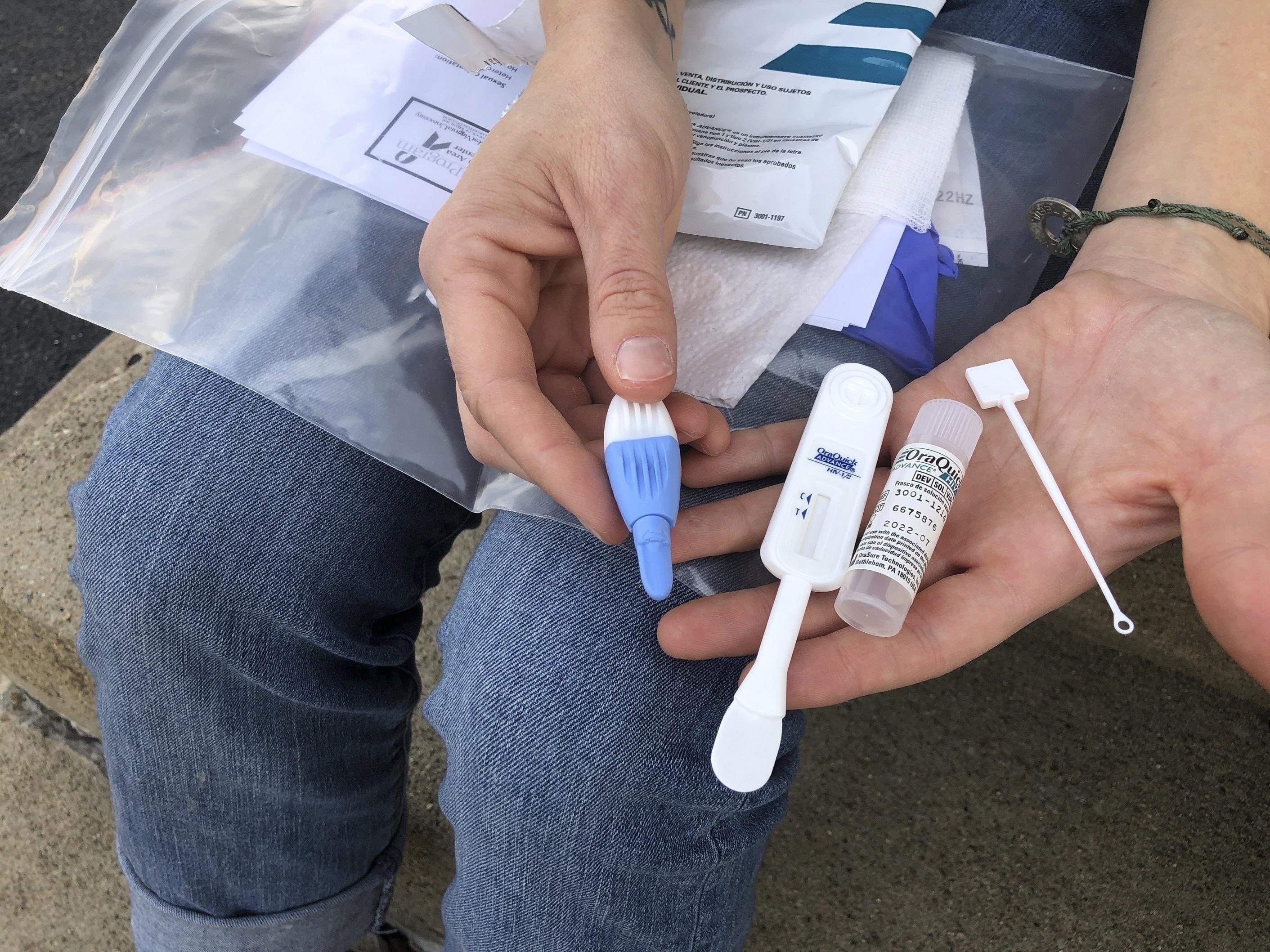This week, organizations across Mississippi have held testing and information events to raise awareness for HIV and AIDS in the state. Mississippi has the ninth highest rate of HIV prevalence in the nation, but one of the lowest rates of access to care according to AIDSvu.org.
Dr. James Brock is an infectious disease specialist at the University of Mississippi Medical Center. His focus is on HIV treatment, and has worked on several clinical trials for HIV and other sexually transmitted diseases. He says the lack of medical resources in rural areas of the state makes it more difficult for residents to seek the care they need.
“If you live in a rural area you might have to drive to an adjacent county to get free testing. At home testing typically requires having to pay out of pocket for a test,” says Dr. Brock. “Mississippi is full of small towns and so if you go to a local testing site there’s a concern you might be seen there and disclosed that you’re seeking HIV testing.”
While the LGBTQ+ community continues to be the largest demographic affected by HIV in Mississippi, Dr. Brock says other minority groups are also at a higher risk of contracting HIV and having severe outcomes.
“And that’s in all sub-demographics weather you’re talking about young people, men who have sex with men, hetero men or heterosexual women. And again that’s not a difference in behavior, that’s a health outcome similar to diabetes, cardiovascular disease, infant mortality. The list goes on.”
Earlier this year, the Department of Health began offering free telehealth services across the state so residents could access the HIV drug PREP which reduces the risk of contracting the disease by 99%.




